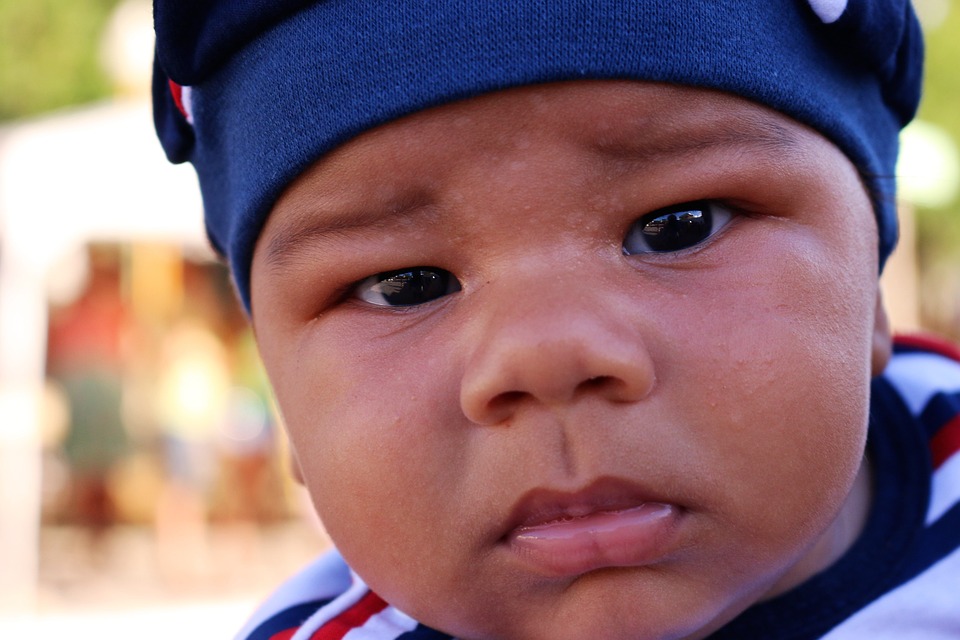Family mental health care leader works to remove the stigma of suicide discussion and empower families with essential tools for prevention and treatment
SAN FRANCISCO, Sept. 10, 2024 /PRNewswire/ — As National Suicide Prevention Month kicks off, Little Otter – a leader in virtual mental health care for children, teens, and families – has released a new report leveraging proprietary data to highlight the rates of childhood suicidality in children as young as 5 years old and addressing how childhood suicidality can be successfully treated in a virtual mental healthcare setting. With a proven two-stage screening process and evidence-based treatment modalities, Little Otter is able to execute, triage, and assess this at-risk demographic and is working to turn the tide on the increasing suicide rate amongst children in the U.S.
According to the NIH, suicide is currently the second leading cause of death for children between the ages of 10 to 14 years old. Little Otter’s work and research shows that there is hope through early identification and timely access to evidence-based care for childhood suicide prevention.
“Commonly, we think of suicide and suicidal ideation as teenage and young adult problems. However, children between 5 and 14 years old are experiencing suicide and suicidal ideation at alarming rates,” said Dr. Helen Egger, Co-Founder and Chief Medical & Scientific Officer at Little Otter. “Our data supports screenings and assessment to begin earlier than recommended in children ages 4 to 14. With this, we can effectively identify and treat children – and their families – with our specialized, developmentally-sensitive care. At Little Otter, we are not afraid of talking with children and caregivers about suicidal thoughts and behaviors. And we know that we can help.”
The Suicide Risk Report from Little Otter shares data on 1,434 children ages 3 to 14 years old who completed a developmentally-sensitive, two-stage screening for suicide risk and treatment. This data shows that very young children experience suicidal thoughts and behaviors at rates similar to teenagers and adults – 15% of children between 3 and 14 years old screened positive for suicide risk, with the youngest age of a child with elevated risk being only 5 years old. However, 75% of children with positive suicide risk in care at Little Otter showed clinically-significant improvement after 12 or more sessions.
The report and Little Otter’s resources provide families with actionable solutions, including prevention strategies, tips, and evidence-based support. It also addresses the challenges parents may face today regarding suicide ideation, such as bullying and social media. The top 3 key tips shared in Little Otter’s Suicide Prevention Toolkit:
- Seek mental health care. Suicidal feelings are the result of treatable challenges. Mental health professionals are trained to help. Suicide usually occurs when stressors overwhelm a person who feels pain, hopelessness, and despair.
- Open Conversations: Research shows that asking someone if they have thoughts or a plan to die by suicide doesn’t increase their risk or “put an idea in their head.” It’s actually the opposite; it connects you with your loved one and can open the door to supporting them in getting the help they need.
- Prioritize time to connect with your family: Building feelings of connectedness through shared activities and emotional support can play an important role in suicide prevention. Close bonds also make it easier to support your loved one in getting mental health support if needed.
For more information on Little Otter’s suicide prevention resources, please visit www.littleotterhealth.com/suicide-prevention, and to download the report “The Hidden Crisis: Suicidality in Children as Young as 5,” please go to www.littleotterhealth.com/suicide-white-paper-download. Additional information on Little Otter services can be found at www.littleotterhealth.com
All thoughts of suicide should be taken seriously. If you are concerned that a child in your life is at risk of suicide, take action. If the child is in crisis, get them connected with a healthcare provider for further suicide assessment. The following services are available for support 24 hours a day, 7 days a week:
- 988 Suicide and Crisis Lifeline: Call or text 988
- Crisis Text Line: Text “HOME” to 741741
- Call 911 or go to the closest emergency room
About Little Otter
Little Otter provides access to quality mental health care through virtual, integrated, and family-focused solutions. Our offerings include therapy for kids ages 0-14 and caregivers, family therapy, parent training, and psychiatry/med management. We provide support for depression, anxiety, OCD, ADHD, trauma & PTSD, sleep & feeding disorders, selective mutism, postpartum depression, and more. Families have access to direct care 1:1 with a therapist as well as digital content, unlimited messaging with their care team, and notes and takeaways from each session.
Since 2020, Little Otter has improved access to high-quality mental health care and has conducted over 70,000 sessions with families. Through this work, Little Otter has seen 71% of kids in remission over 90 days, compared with the mental health care community average of 27%. Their whole-family approach to care results in 65% of family stress improving significantly, 67% of parents’ anxiety, and 69% of parents’ depression no longer in the clinical range. With Little Otter, families connect with a licensed clinician within 48 hours and into treatment in less than 7 days on average. Little Otter accepts insurance and costs $200 a session for the uninsured.
SOURCE Little Otter

WANT YOUR COMPANY’S NEWS FEATURED ON PRNEWSWIRE.COM?
Newsrooms &
Influencers
Digital Media
Outlets
Journalists
Opted In
Originally published at https://www.prnewswire.com/news-releases/little-otter-the-hidden-crisis-suicide-risk-report-addresses-urgent-issue-of-childhood-suicidality-302243646.html
Images courtesy of https://pixabay.com





